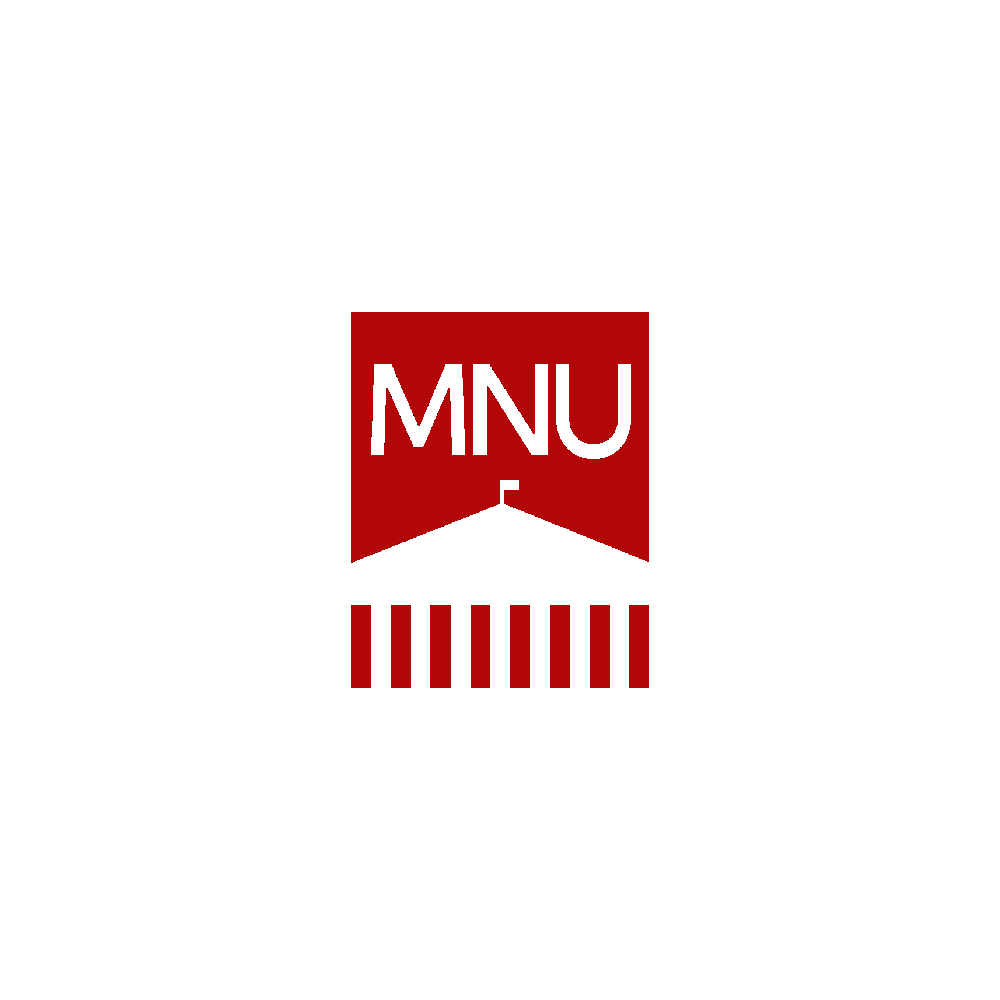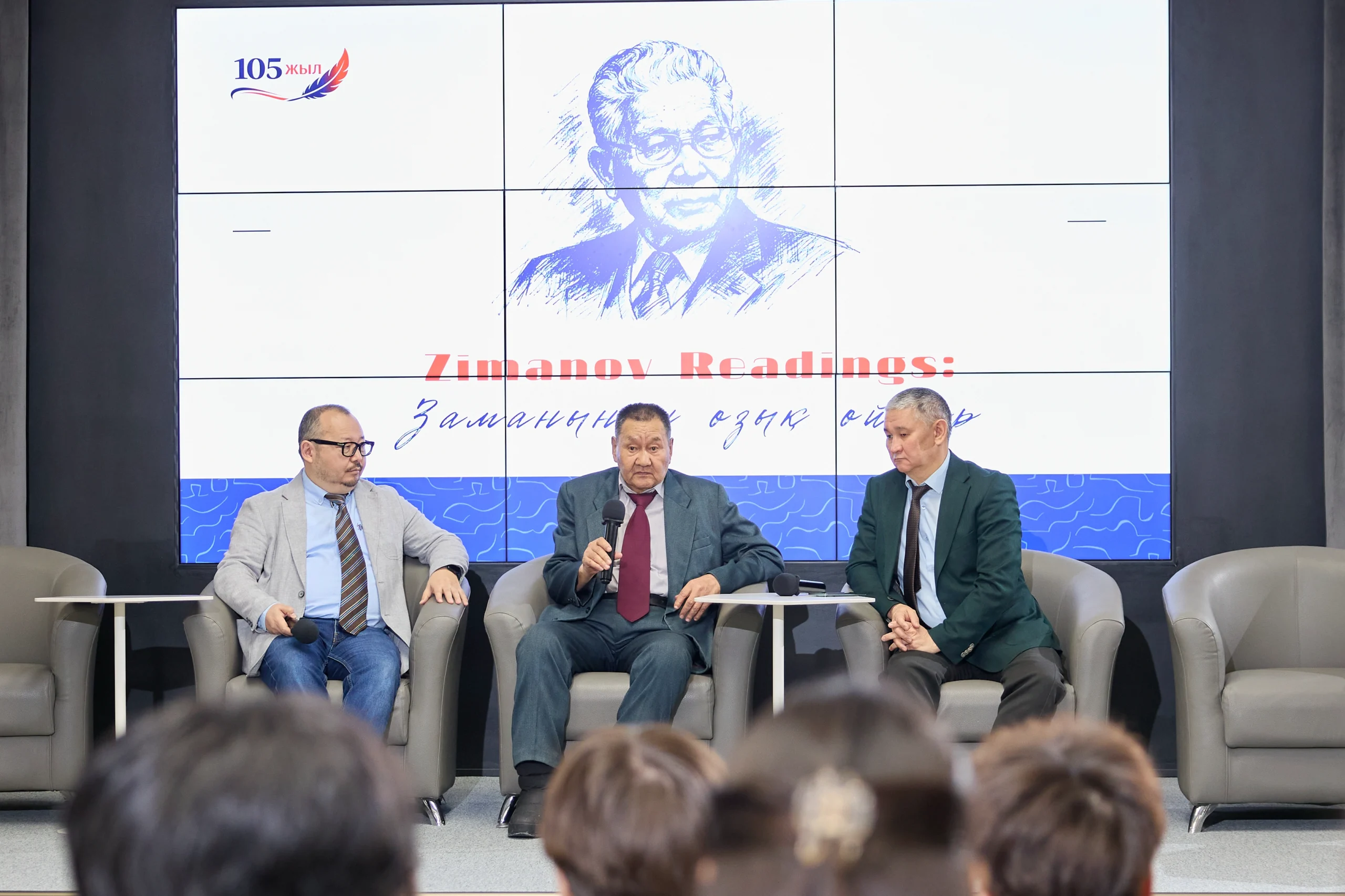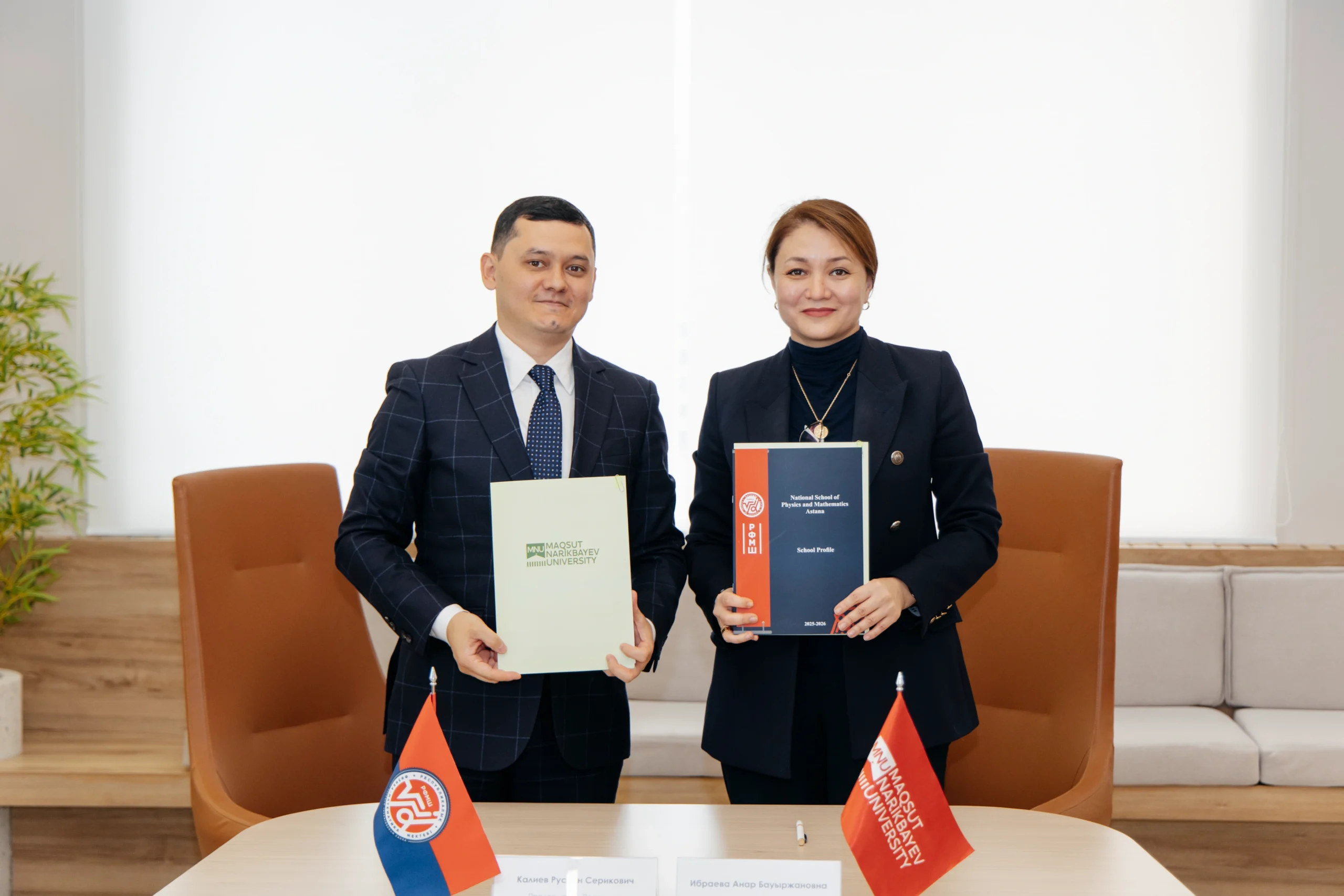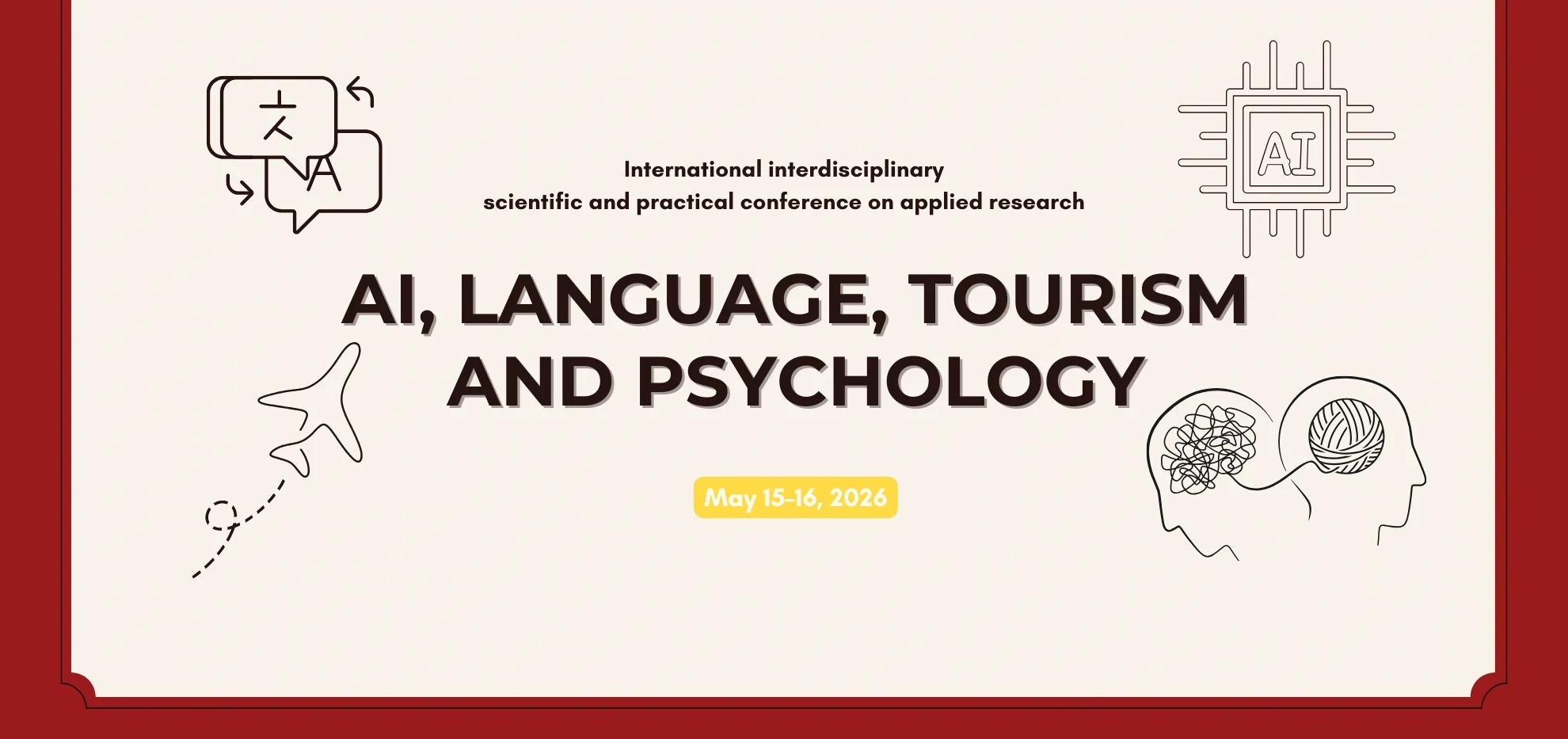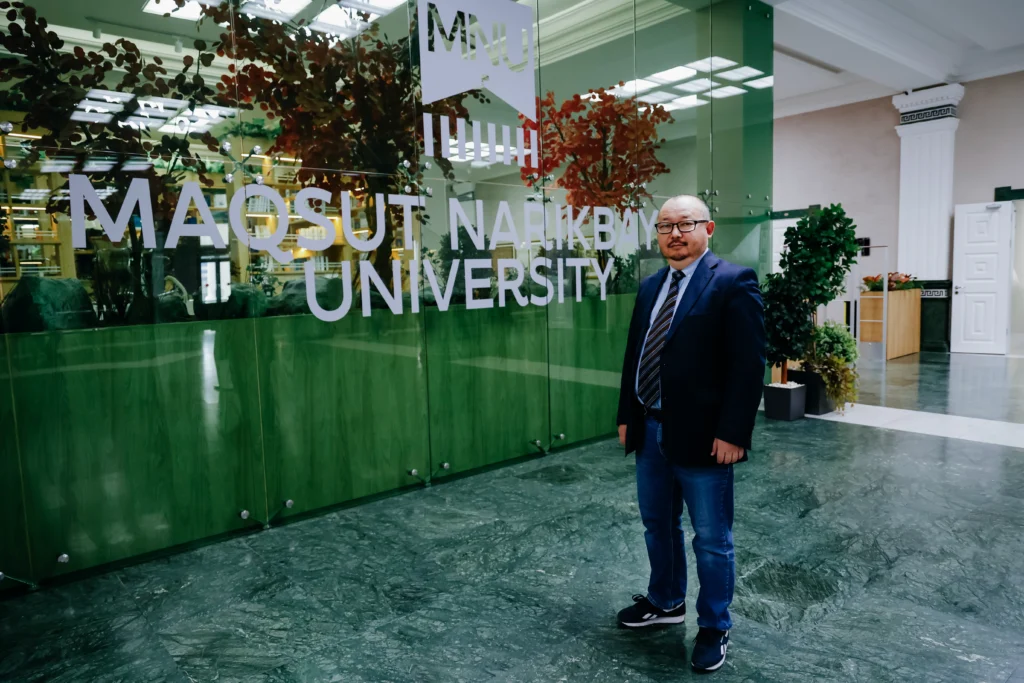
Maqsut Narikbayev University (MNU) is on a strategic path to transform into a research-intensive university. Currently, active research initiatives are underway, the MIND Analytics and Research Centre is operating successfully, and a comprehensive support and training system for early-career researchers has been established. On the Day of Science Workers of the Republic of Kazakhstan, Marat Akhmadi, Vice-Provost for Science and Research at MNU, spoke about the university’s progress in enhancing scientific research.
– Mr Akhmadi, today Kazakhstan celebrates the Day of Science Workers. As we know, pioneering research and student involvement are hallmarks of innovative universities. How would you evaluate the current landscape of academic research in Kazakhstan?
– Today, both science and higher education in Kazakhstan are evolving, with increased funding and growing attention to their strategic importance. It is essential to remember that universities are the birthplace of scientific enquiry and innovation. As President Kassym-Jomart Tokayev emphasised, innovation-driven science should become a cornerstone of the national economy. In this context, academic research conducted within universities is pivotal to the country’s scientific and innovation ecosystem, particularly when it aligns with international competitiveness. However, this potential can only be realised by institutions that uphold rigorous academic standards at a global level. Academic excellence is the foundation of a sustainable and impactful research culture, and only institutions grounded in such quality can confidently pursue ambitious scientific goals.
– MNU has set a bold goal of becoming a research university. How is this transformation being implemented, and what key steps are currently being taken?
– MNU has made substantial progress in enhancing academic quality and has earned significant international recognition. Our successful accreditations from the European FIBAA agency and the British QAA agency confirm that the education we offer meets global standards. The logical next step in our institutional development is attaining the status of a research university. To this end, significant investments are being made. We are attracting highly qualified researchers, establishing research schools and centres, and embedding research from the earliest stages of education. Unlike the traditional model that begins with postgraduate study, we initiate research engagement at the school and undergraduate levels. Through the national Narikbayev Scholarship Olympiad, we attract school graduates with strong research potential. We enhance the research competencies of gifted students through Problem-Based Learning (PBL) and the Student Scientific Research Work (SSRW) system. The university has launched several financial support programmes, including the MNU Research Fellow, Travel Grants, and Publication Grants, and is implementing systematic measures to stimulate scientific research. Our international research collaboration network is expanding, and we prioritise both the quality and impact of scientific output. A key component of this transformation is the MIND Analytics and Research Centre (Maqsut Narikbayev Institute for Network and Development), which operates in a think-and-do tank format.
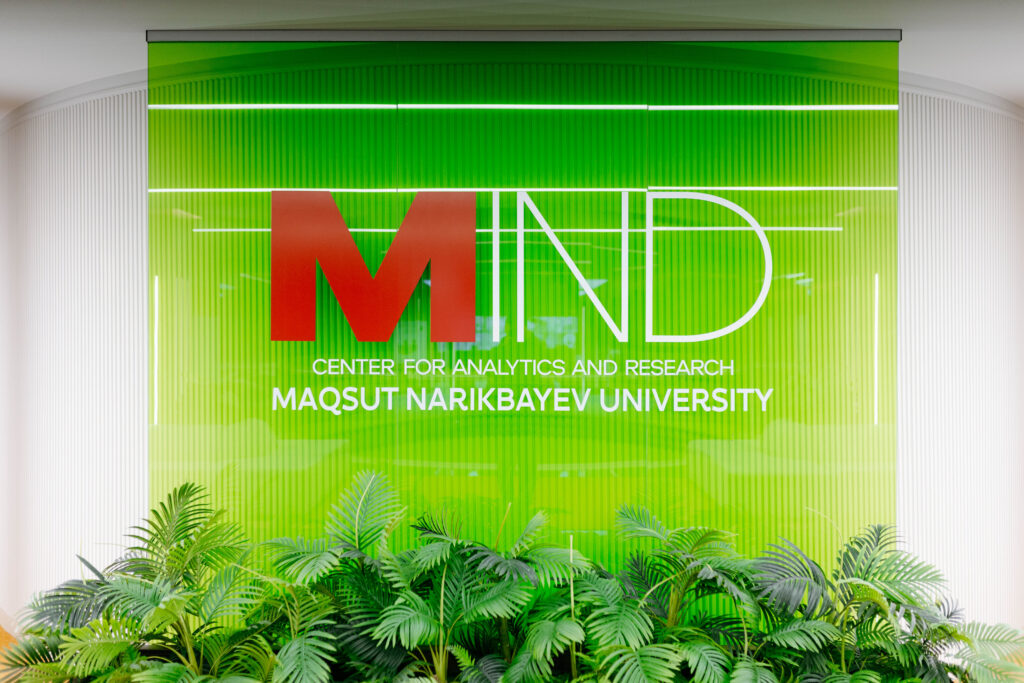
– What is the role of research schools in fostering a research-driven environment at MNU? How many currently exist, and what disciplines do they cover?
– Currently, MNU hosts over ten research schools, institutes, and centres. These units are active in areas such as law, economics, and international relations and play a crucial role in cultivating scientific talent and promoting a robust research culture. We are expanding into additional disciplines, including journalism and linguistics. Each research school identifies priority research themes and fosters collaboration among staff and students, significantly contributing to the university’s research capacity. As part of the Professors Track programme, we are developing a continuous pathway for training our own scholars within MNU’s research schools. At the initial stage, we select talented applicants with strong research motivation based on the results of the national Narikbayev Scholarship Olympiad. Subsequently, at the bachelor’s, master’s, and doctoral levels, we systematically develop their knowledge and skills. Along this journey, young researchers receive both academic and financial support through the MNU Research Fellow programme. The aim of Professors Track is to open a clear path for young people aspiring to pursue academic careers, attain professorships, and work within the university’s research schools, while also enhancing the prestige and appeal of scientific work.
– This week, President Kassym-Jomart Tokayev stated that universities must become pioneers in research and innovation. In your view, what strategic measures are necessary for universities to become key research and innovation hubs?
– The cornerstone of research development in higher education is uncompromising academic quality, underpinned by academic integrity. That is the first essential condition. Beyond that, we must enhance the working conditions of researchers, explore direct state budget funding—as practised in countries like Germany—and increase investment in innovation-led research. Strengthening scientific infrastructure is equally critical. Another key aspect is deepening collaboration with the international scientific community. We must ensure that research projects are relevant to societal needs and closely linked with the real economy. Lastly, continuous professional development for researchers is vital. Achieving all this requires a long-term, systemic approach. Nonetheless, through consistent and coordinated efforts, universities can evolve into strategic centres of research and innovation.
– To what extent are staff and students engaged in research at MNU? What support mechanisms exist for young researchers and future scholars?
– As mentioned earlier, we believe that research engagement should begin as early as possible—ideally, at the secondary school level and continue through the bachelor’s degree. Alongside competitions, hackathons, and Olympiads, our curriculum integrates research skills development through PBL and Research and Development (R&D) models. The majority of our staff and students actively participate in research. We offer a range of structured support mechanisms for emerging researchers, including the Narikbayev Scholarship, MNU Research Fellowships, and grants for travel and publication. Research competitions are held regularly, with winners earning opportunities to participate in international internships, as well as summer and winter research schools. All of these initiatives are aimed at shaping a strong new generation of researchers.
– What is the significance of translating textbooks into Kazakh, and how does this contribute to the development of the state language?
– The translation of internationally recognised academic textbooks into Kazakh is essential for improving access to quality education for Kazakh-speaking students who have historically lacked such resources. Moreover, it contributes to the enrichment of scientific terminology in the state language and enhances educational quality overall. These translation projects also enable teaching of globally recognised scholarly work in Kazakh and strengthening research capacities among both students and staff. At MNU, we apply doctrinal editing methods to ensure accuracy and accessibility in translated materials, especially in the field of law. This initiative is a vital step towards elevating Kazakh as a language of science and legal scholarship.
– Last year, the MIND Analytics and Research Centre was launched. What impact has it had on MNU’s research landscape, and how does it integrate science with project management?
– The MIND Analytics and Research Centre has significantly enhanced the research landscape at MNU by integrating scientific enquiry with project management practices. It has sharpened the focus of research efforts towards achieving tangible outcomes. The centre plays a pivotal role in enhancing the university’s international visibility and positioning MNU as a hub for impactful, globally relevant research. We also collaborate actively with top institutions in the United States, United Kingdom, Germany, Turkey, Singapore, and other countries. These partnerships facilitate joint research projects, publication in high-impact journals, and mutual exchange of knowledge and expertise.
– How do you envision the future of science at MNU? In which areas will the university focus, and what could become its signature research domain in the next 5–10 years?
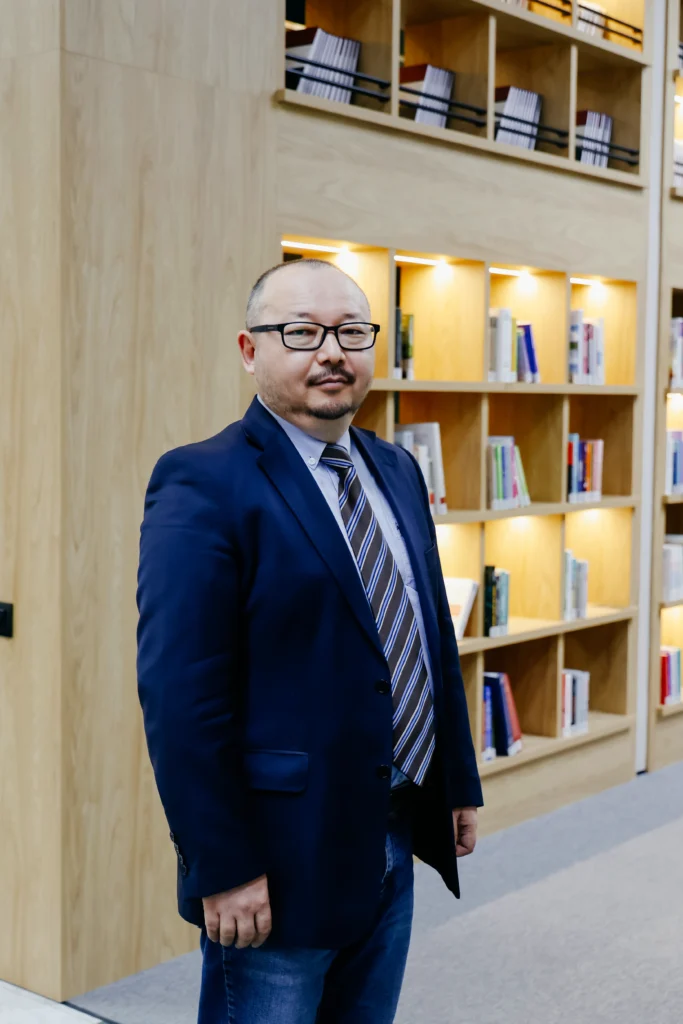
– The future is often characterised as the era of digitalisation and artificial intelligence. However, at its core, technology serves humanity. It is the humanities that explore human nature, ethics, societal change, and cultural transformation. No matter how advanced technology becomes, questions of justice, ethics, psychology, and philosophy will remain central. As technological progress accelerates, so does the need to study its effects on human life and interaction. The responsibility for cultivating this understanding and safeguarding human values lies with scholars in the humanities. Therefore, universities of the future must become centres where humanities and technology converge to promote holistic development and human capital formation. In this light, I envision MNU becoming a leading research centre in the next 5 to 10 years in fields such as legal studies, digital law, cybersecurity, economics, international relations, information technology, journalism, and the broader social sciences. I am confident that our university will continue to elevate Kazakhstan’s standing in global scientific and innovation communities through cutting-edge research and dynamic research schools and centres.
– Thank you for the insightful conversation!
For more information about research activities at Maqsut Narikbayev University, please visit the “Research and Science” section on our official website.
